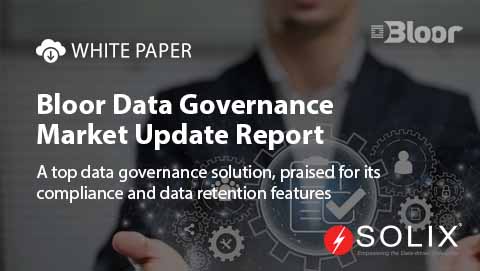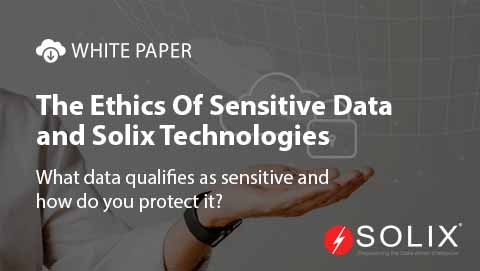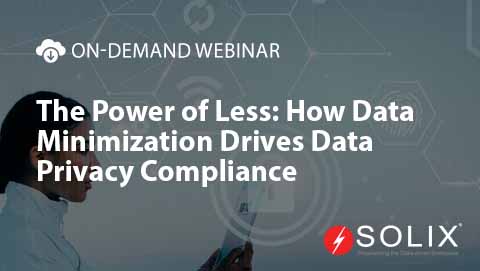Pillars Of Data Governance
What are the pillars of data governance and why do they matter?
Pillars of data governance are the foundational principles and practices that organizations use to manage and protect their data assets. It encompasses data policies, standards, quality management, metadata management, data security, compliance, and lifecycle management. This framework is essential for ensuring data quality, integrity, security, and compliance with regulatory requirements. Pillars of data governance are crucial because they help organizations make informed decisions, improve operational efficiency, and mitigate risks associated with poor data management.
A real-world scenario: Transforming pillars of data governance for success
Imagine for a second your in a scenario where a global corporation, Acme Corporation, is struggling to manage its vast amounts of data across various departments and systems. Data is scattered, difficult to access, and poses security risks due to inconsistent data policies and lack of governance. This hinders decision-making processes, leads to compliance issues, and increases operational costs.
In this scenario, Solix Technologies steps in to help Acme Corporation transform its pillars of data governance for success. By implementing Solix’s comprehensive data governance solutions, Acme Corporation can establish data policies and standards, manage data quality effectively, organize metadata, enhance data security and compliance, and streamline data lifecycle management.
How Solix saves money and time on pillars of data governance
Solix Technologies offers cost-effective solutions that help organizations save money and time on pillars of data governance. By implementing data policies and standards, organizations can minimize risks of non-compliance and data breaches, reducing potential financial losses and reputational damage. Data quality management solutions enable organizations to optimize storage resources, improve data retrieval efficiency, and enhance decision-making processes.
Moreover, Solix’s metadata management tools help organizations track data lineage, ensuring transparency and accountability in data management practices. Data security and compliance features, such as encryption and access controls, protect sensitive data and ensure adherence to regulatory standards, further reducing financial risks associated with data breaches.
Finally, Solix’s data lifecycle management solutions optimize resources, minimize risks, and improve operational efficiency, resulting in significant cost savings for organizations. By consolidating data governance practices and leveraging Solix’s innovative technologies, organizations can achieve maximum value from their data assets while reducing operational costs and improving overall business performance.
Wind-up, pillars of data governance are essential for organizations to effectively manage and protect their data assets. By partnering with Solix Technologies, organizations can transform their data governance practices, save money and time, improve operational efficiency, and mitigate risks associated with poor data management. To learn more about how Solix can help your organization achieve pillars of data governance success, enter your information on the right for a chance to win $100.
-

-

-
 On-Demand Webinar
On-Demand WebinarThe Power of Less: How Data Minimization Drives Data Privacy Compliance
Watch On-Demand Webinar
